"Take that, Putin!" says Nathalie to herself in her €1,000-a-month Parisian 28 m² apartment. She is certain that her short, lukewarm shower was her first “BA” (the usual French acronym for a “bonne action”, a “Good Deed”) of the day in the fight against dictatorship, and for democracy and climate. This no laughing matter, especially in these troubled times. Besides, her baker has just announced that he will close next week. Russian bastards!
A caricature? Hardly. If the line may be forced, such profiles really exist and deserve a little reminder of the realities. We could mention those who think they are in danger because of people who have not been vaccinated - with a vaccine that does not prevent contamination - against a disease of the same order as influenza, or those who think that a rise of a few hundred Euros for some professions is a serious problem for the finances of a Western country.
For while the plebs, dumbed down by increasingly totalitarian communication, are arguing about the flu-19, the mysterious reasons for soaring energy prices, support for this or that corrupt post-Soviet leader, or the clothing of people who have no business to be in Europe - while failing to take a look at clothing the natives – the serious people are working. And work pays off.
Officially, we are told that we are no longer buying gas and oil from Russia. Or at least, this is almost over. That we have already cut back. Yet European purchases of Russian hydrocarbons reached record levels in 2022. And even more than the quantity, we should ask ourselves what the cost to us and the benefits to Russia are in this context.
The joke continues: we no longer buy oil and diesel from Russia, but from India, for example, which buys Russian oil and refines it at home to sell it back to us at a profit of 25% instead of the usual 7%.
And let's not even talk about the "carbon footprint" of transporting that oil by ship across the Arctic and then either across the Atlantic or the Pacific to reach India... before travelling again, this time to Europe. It's crazy.
In the spring, the North East of the USA bought barrels of oil at double the price from Russia.
Recently, I’ve had a conversation with a long-time friend who works in finance in Switzerland. This friend explained to me that 2022 has been an incredibly good year for his sector. There is no war on this field between Oceania and Eurasia. While some people are ranting about Goldstein - no, sorry, Putin - in their daily Two Minutes of Hate, business goes on and nobody talks about it.
In finance, it's 'Christmas every day', my informant tells me. Some sectors saw their profits increase by a factor of 10 or 15 in 2022, especially those working on gas and electricity, which is indexed to gas in most European countries.
Some Swiss traders picked up bonuses of 150 million Euros for their little game in the European energy market. Yes, yes, you can thank them for their role in the explosion of your energy bill. They too thank you for funding their premiums.
This is where we really stand. While brothers are killing each other in a combat the like of which Europe has not seen since the Second World War, while small European traders are being ruined, while EU households are forced to turn down the heating in their homes, while schools are being closed in winter so that they don't have to heat the classrooms, and while the youth of Russia and Ukraine are being slaughtered at a time when both countries already have frighteningly low demographics - others are getting fat.
War profiteers, like the sharks who get rich in times of crisis, have always existed. Opportunism is a nasty trait in some humans. But to let them pursue it so is both stupidity and complicity.
To sum up, those who take the war narrative, the climate rescue or the idea of economic crisis (not to mention the Covidian tragicomedy) too seriously, without raising their voices against the outrageous manipulation of the energy market and the reorganisation of the world, are just pawns in a game led by the people whom the great Hungarian poet Endre Ady called "the great lords with pig heads".
In 1976 the film "Network" was released, in which Arthur Jensen, played by the excellent Ned Beatty, explains the New World Order to the character of Mr Beale, played by Peter Fynch. Those who have not yet understood what is in the clip below are at least 50 years behind in their understanding of contemporary politics.
Video: https://youtu.be/V9XeyBd_IuA
“You are an old man who thinks in terms of nations and peoples. There are no nations. There are no peoples. There are no Russians. There are no Arabs. There are no Third Worlds. There is no West. There is only one holistic system of systems, one vast and immane, interwoven, interacting, multivariate, multinational dominion of dollars. Petro-dollars, electro-dollars, multi-dollars, Reichsmarks, rins, roubles, pounds, and shekels… There is no America. There is no democracy. There is only IBM, and ITT, and AT&T, and DuPont, Dow, Union Carbide, and Exxon. Those are the nations of the world today.”
Read also
On the hypocrisy of progressives
If there's one fascinating thing about the progressives, it's that they never really stop on the road to progress. And even when the discovery of their new advances leads us to believe that their model is not sustainable, so devoid of common sense does their madness seem, paradoxically, this permanent progress tends to prove them right: Progress ostensibly knows no limits.
Ferenc Almássy
The European Union is changing its nature: are we aware of this?
The 'Founding Fathers' dreamt of a lasting European peace after the worst war in history. The official EU narrative tells us that the starting point of that project was a project for a common economic area. A voluntary cooperation of sovereign states aimed at reconstruction of the battered Europe has gradually evolved, with institutions that were to optimise this continental collaboration.
Ferenc Almássy
Digital Service Act: Censorship, the new value of the European Union
The entry into force of the Digital Service Act (DSA) at the end of August marks a worrying turning point in the development of the European Union and its relationship to freedom of expression.



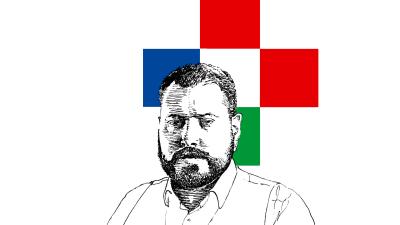

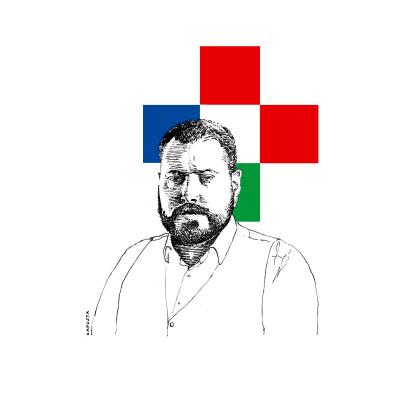
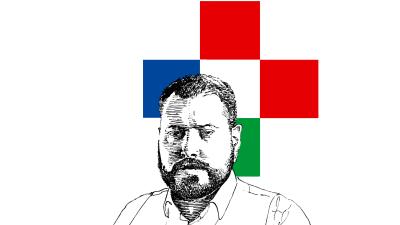

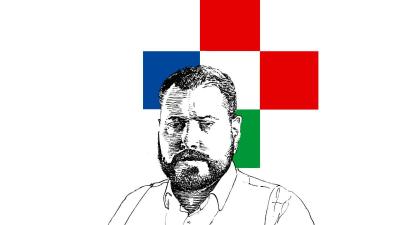

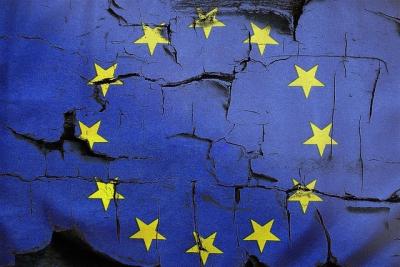

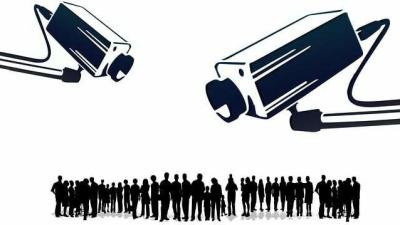

Comments (0)